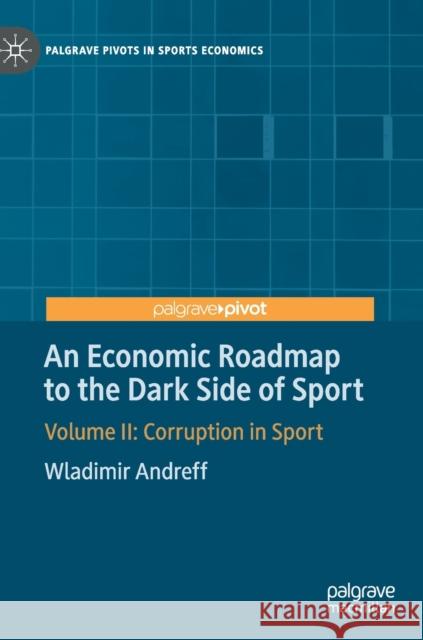An Economic Roadmap to the Dark Side of Sport: Volume II: Corruption in Sport » książka
topmenu
An Economic Roadmap to the Dark Side of Sport: Volume II: Corruption in Sport
ISBN-13: 9783030284787 / Angielski / Twarda / 2019 / 97 str.
An Economic Roadmap to the Dark Side of Sport: Volume II: Corruption in Sport
ISBN-13: 9783030284787 / Angielski / Twarda / 2019 / 97 str.
cena 201,72
(netto: 192,11 VAT: 5%)
Najniższa cena z 30 dni: 192,74
(netto: 192,11 VAT: 5%)
Najniższa cena z 30 dni: 192,74
Termin realizacji zamówienia:
ok. 22 dni roboczych
Bez gwarancji dostawy przed świętami
ok. 22 dni roboczych
Bez gwarancji dostawy przed świętami
Darmowa dostawa!
Kategorie:
Kategorie BISAC:
Wydawca:
Palgrave Pivot
Seria wydawnicza:
Język:
Angielski
ISBN-13:
9783030284787
Rok wydania:
2019
Wydanie:
2019
Numer serii:
000804302
Ilość stron:
97
Waga:
0.28 kg
Wymiary:
21.01 x 14.81 x 0.79
Oprawa:
Twarda
Wolumenów:
01
Dodatkowe informacje:
Wydanie ilustrowane











